
No More Business as Usual: Insights from New York Climate Week and Beyond
06th October 2023From workshops with community-leaders in Ethiopia, to mobilising national coalitions and influencing international climate summits in New York - September has been a busy month for nature and climate action. Tree Aid’s CEO Tom Skirrow and Advocacy Advisor, Annie Schultz, reflect on key moments.
At the UN’s latest General Assembly, António Guterres likened Earth’s continuing ecological crisis to a descent into the ‘gates of hell.’ From devastating flooding in Libya to raging wildfires in southern Europe, Canada and Hawaii – it's not difficult to see why.
Yet despite evidence that climate change’s impact is affecting our natural habitat at an alarming rate, the last month has seen a roll-back from the UK government on net-zero targets.
In a news landscape dominated by the continuing crisis, finding silver linings can be challenging. Yet despite all of this, our work in African drylands and the global conversations we’ve engaged in show us there is much to be hopeful about.
Below, Annie Shultz and Tom Skirrow on:
- Hosting workshops in Ethiopia
- Learnings from New York Climate Week
- Meetings with community-leaders
Workshops in Addis Ababa
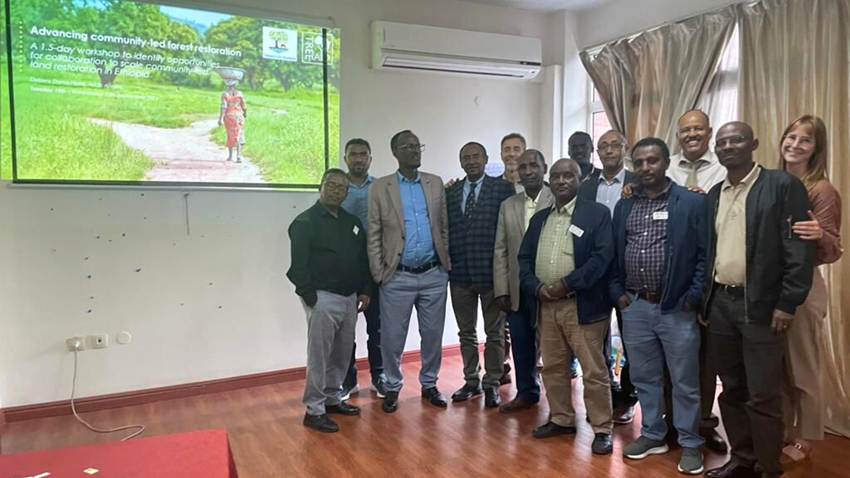
In Ethiopia’s capital Addis Ababa, we hosted a two-day workshop that brought together other NGOs, local government, and research bodies to identify opportunities to scale community-led forest restoration in Ethiopia.
The event’s goals were to build stronger collaboration between stakeholders, who are all committed to restoring land in Ethiopia. Another target was to reach an agreement on the changes the country needs to improve systems for communities living in drylands. Lastly, the workshop also aimed at finding new ideas around advocating for these crucial changes.
The workshop was a success, as all stakeholders were really engaged. At the end of the event, four key areas of action were decided on and project ideas put forward. Their focus was on:
- Creating more legal guidelines to support the National Forest Law.
- Reinforcing tenure security for communities who use the forests.
- Improving awareness and the capacity of local governments to enforce the National Forest Law.
- Promoting forest management cooperatives.
- Helping community groups living in and around forests to take part in the management of its resources.
- Strengthening forest unions to defend the interests of forest management cooperatives.
Learnings from New York Climate Week
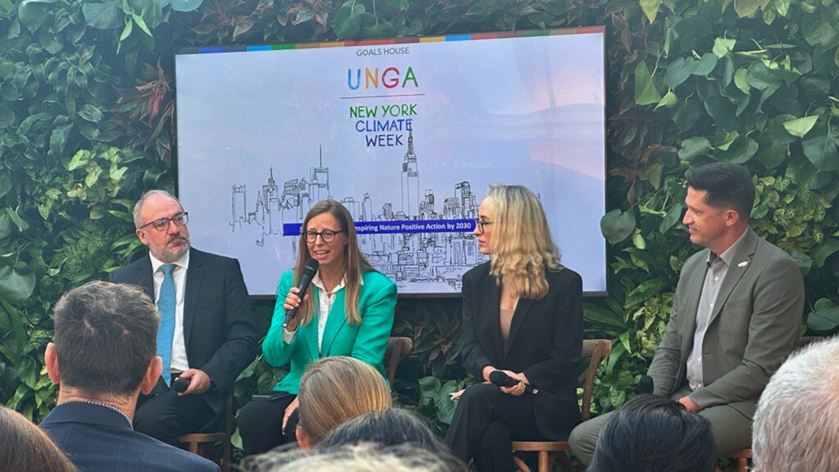
At New York Climate Week, we witnessed a wide range of sectors recognising that business as usual is not good for business – representatives from a myriad of sectors including banking, fashion, investment, technology, food and sports gathered to recognise that their organisations are required to make a monumental strategic shift and play a key role in restoring and protecting nature.
It was clear that there was a profound belief that they can and should invest in nature and be a part of the solution to the climate crisis. We were proud to be with our partners IOC at their event focusing on sport for nature, and discussing and amplifying initiatives such as the Olympic Forest, our restoration project in Mali and Senegal.
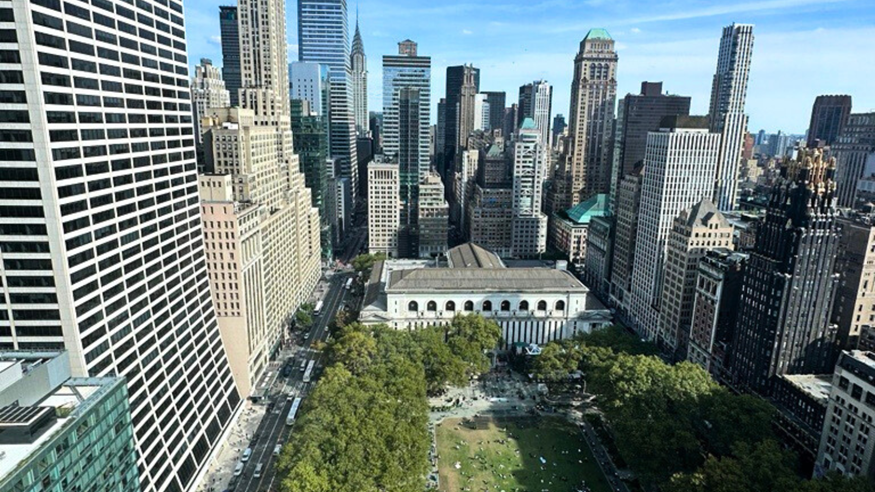
Important discussions were held across the city looking at how Indigenous People and Local Communities are central to the restoration revolution required – empowering these land custodians is the only viable way to scale our ambitions and achieve what is required.
There were also extensive discussions about the role that voluntary carbon markets can and should play in the context of driving private finance into restoration efforts. It was acknowledged that there are still challenges within the market that need to be addressed (not least how to empower communities and rightfully reward their role) but that if we can address these issues, it remains a potent opportunity to scale up and scale out nature-based solutions to the climate crisis.
Meeting with community leaders
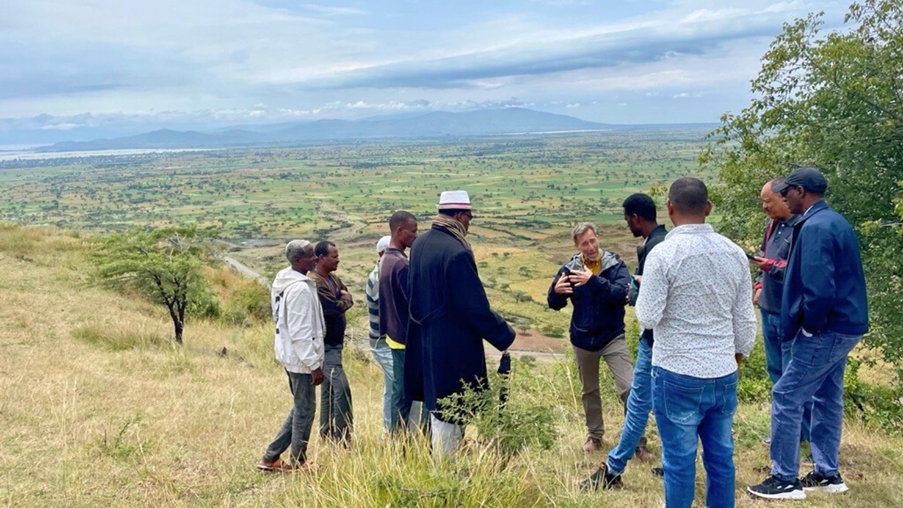
In Ethiopia’s Central Rift Valley, where Tree Aid is implementing an ecosystem restoration project, we met with village elders to understand some of the changes they have seen over the years. Walking through the community land, together we identified tree species that are of great importance to the community, and which are in rapid decline.
Over the past decade, we've witnessed a significant loss in vegetation cover. This has had a huge impact on both the local environment and the livelihoods of the communities. Among the hardest-hit areas is the Worja sub-catchment, where the vegetation, soil, and wildlife have seriously degraded. These changes have had devastating consequences for the people who call this area home.
Our team in the field will use the information from this walk to engage in more in-depth conversations with various community members, especially women and young people who heavily rely on Worja’s natural resources.
So, what’s next for our advocacy work?
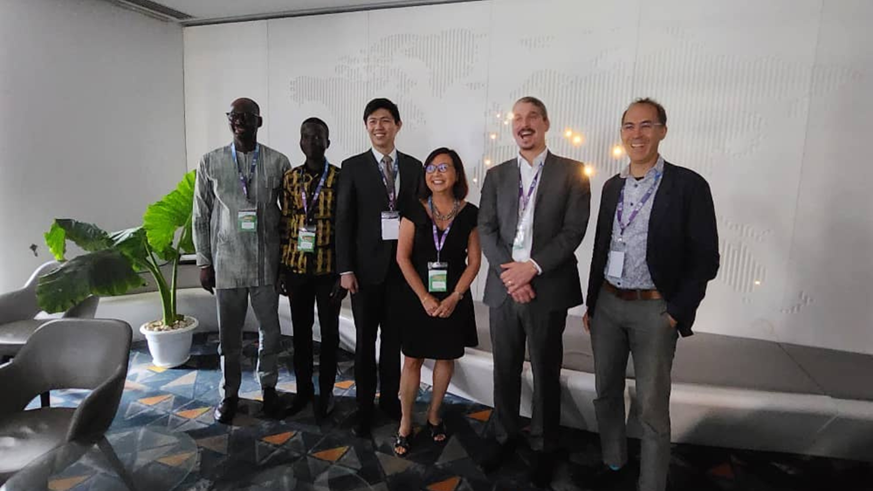
As the busy month of September drew to a close, Tree Aid's Desire Ouedraogo (Head of Programme Design and Policy) attended a workshop in Abidjan. The purpose of the event was to join and further discussions towards scaling up public and private capacity to deliver the goals of the Paris Agreement.
As an organisation, we are continuing to develop national advocacy strategies for each of the countries we work in, having established a plan in Burkina Faso, with Ethiopia to soon follow.
And with COP28 just around the corner, we’ll continue to help funders and investors understand our carbon project model that focuses on delivering direct benefits to the communities across the Great Green Wall.